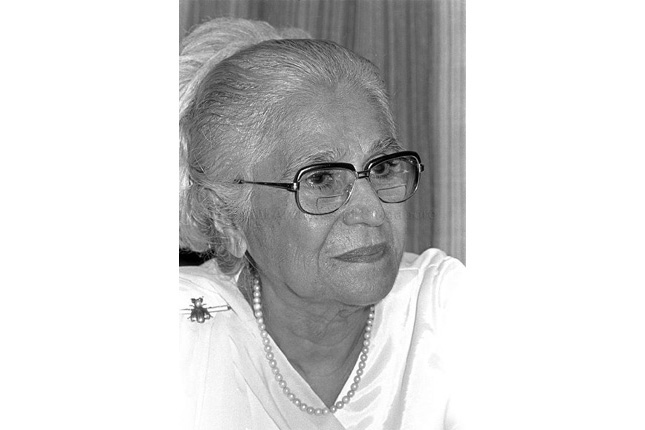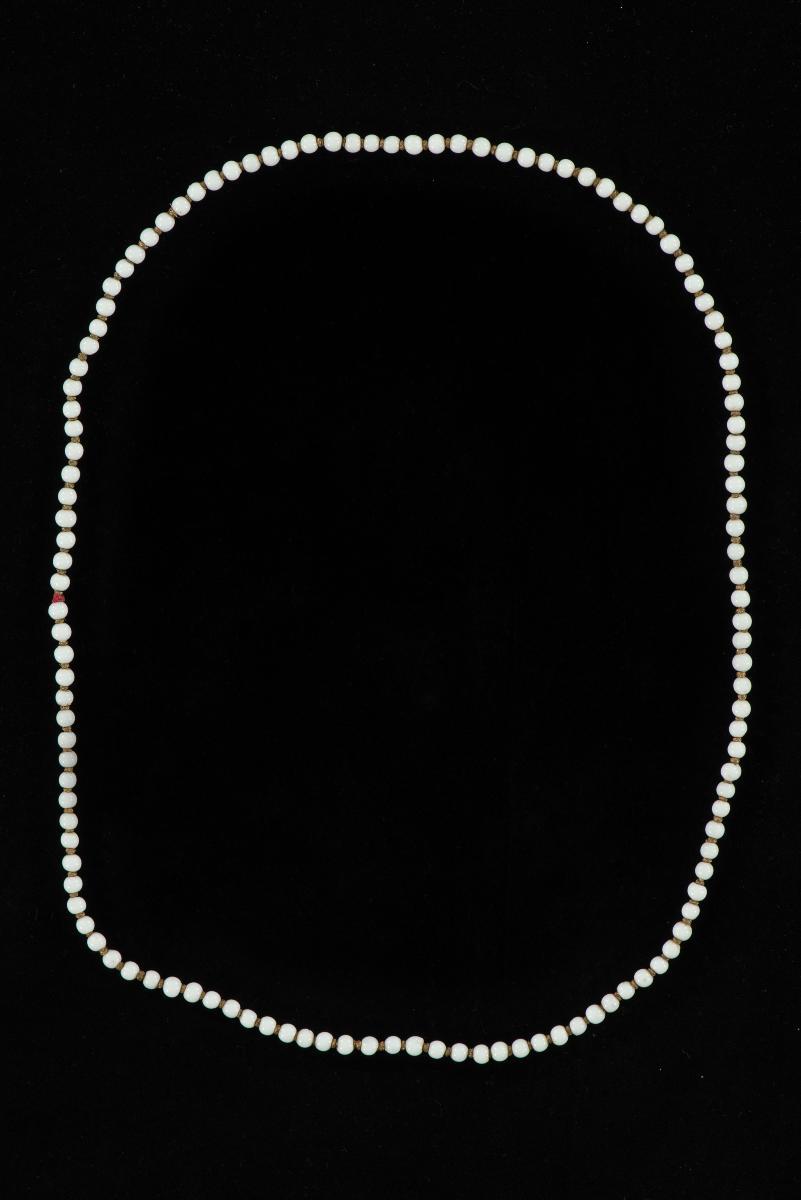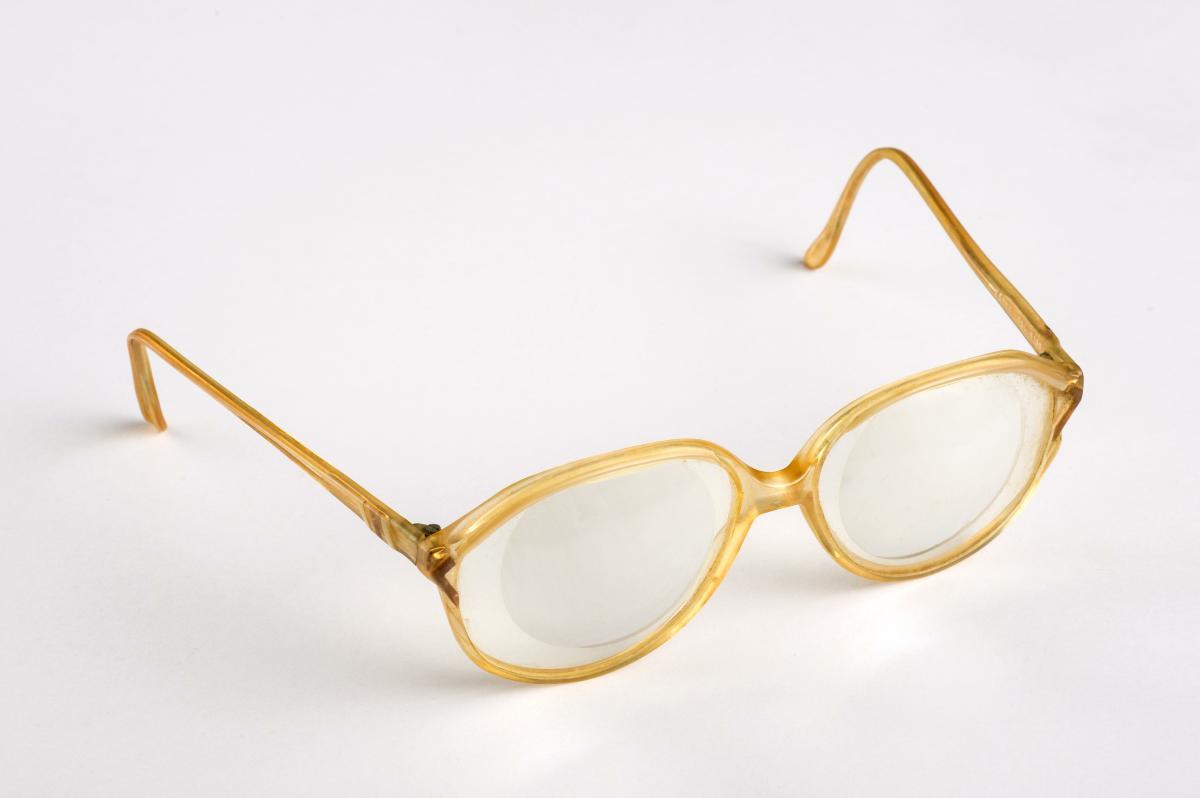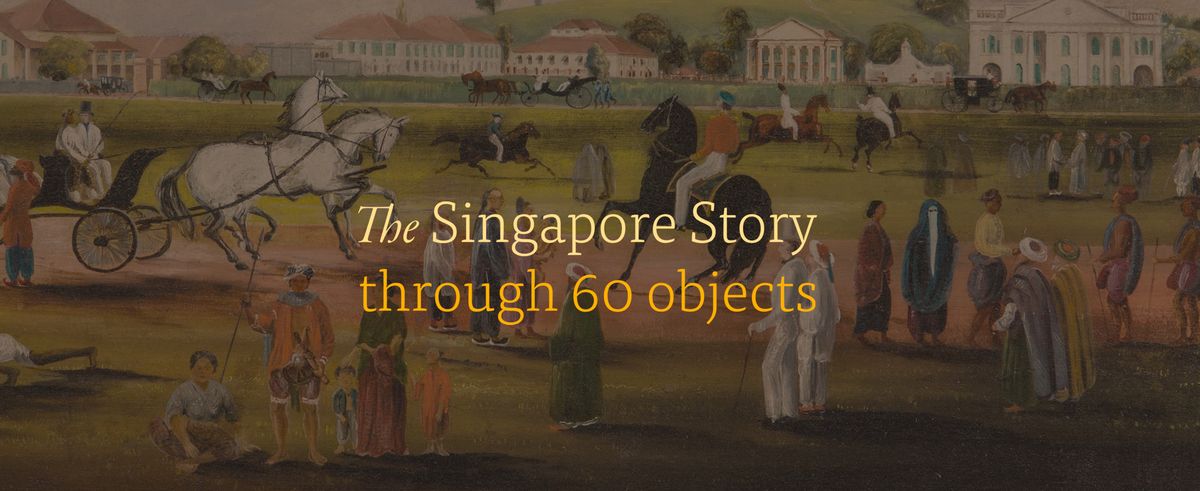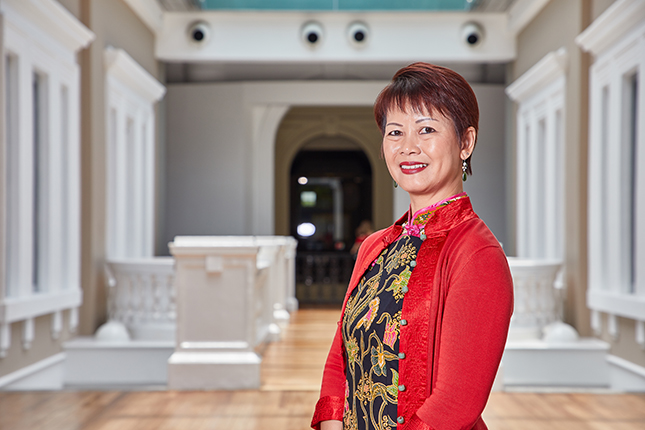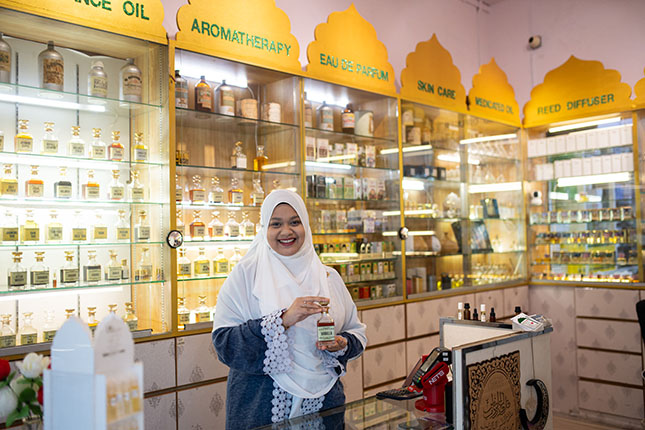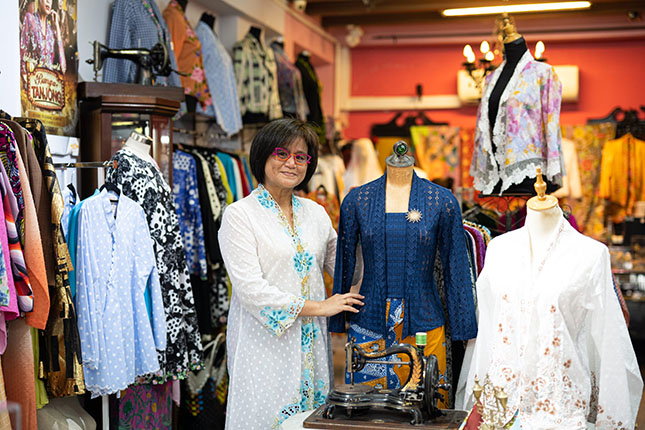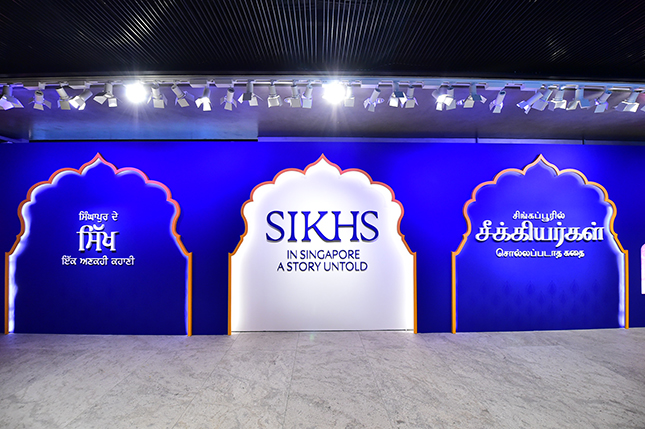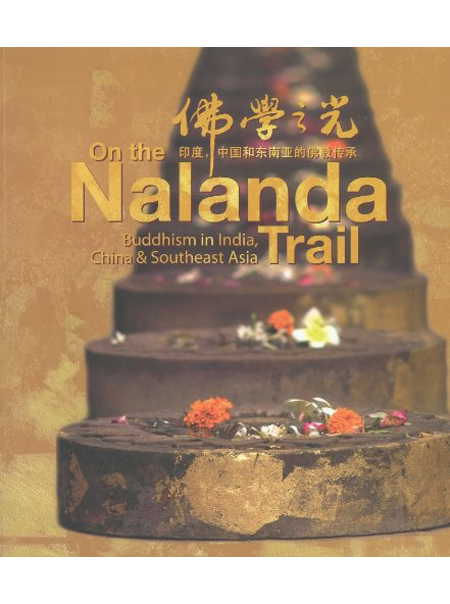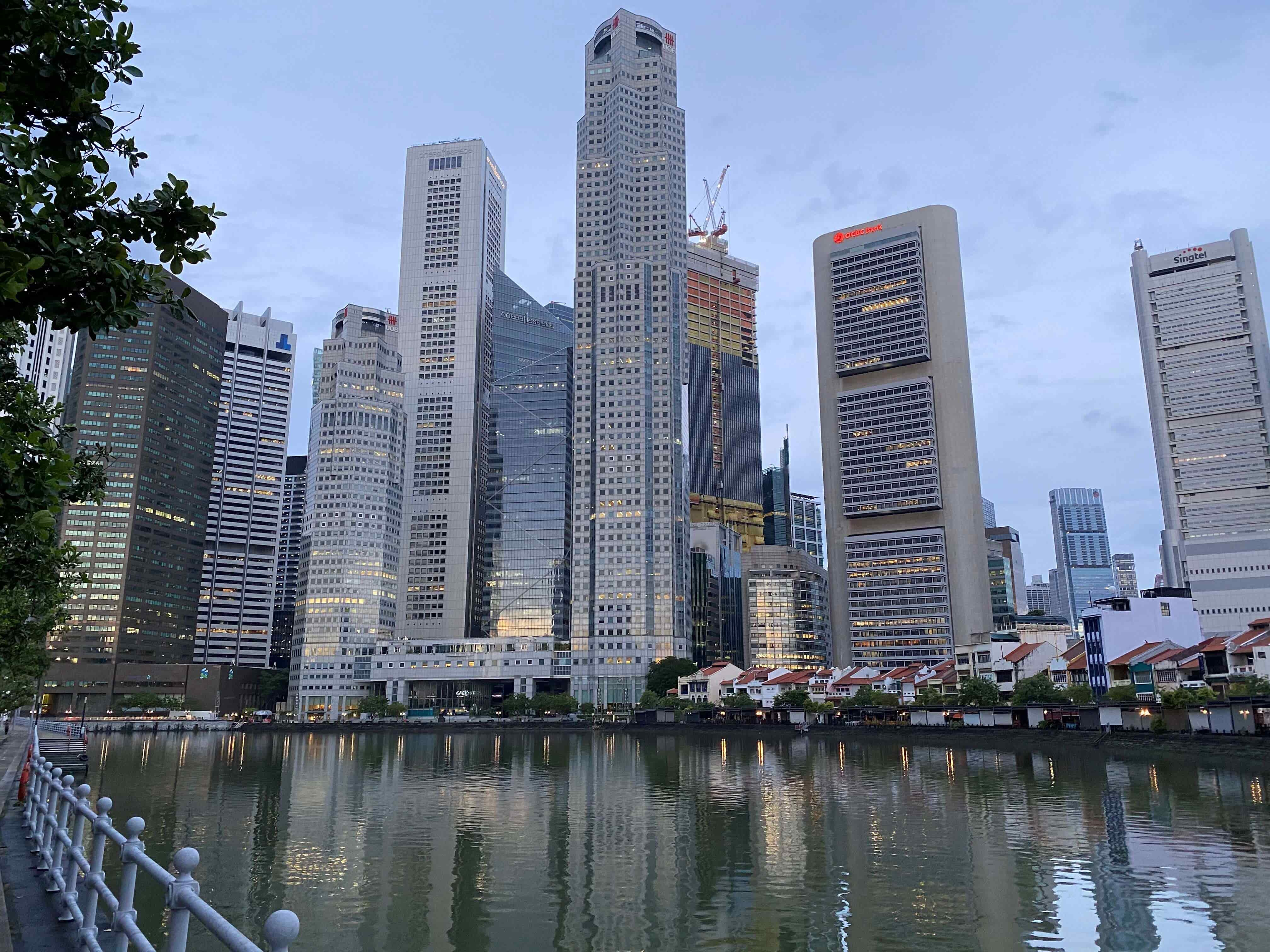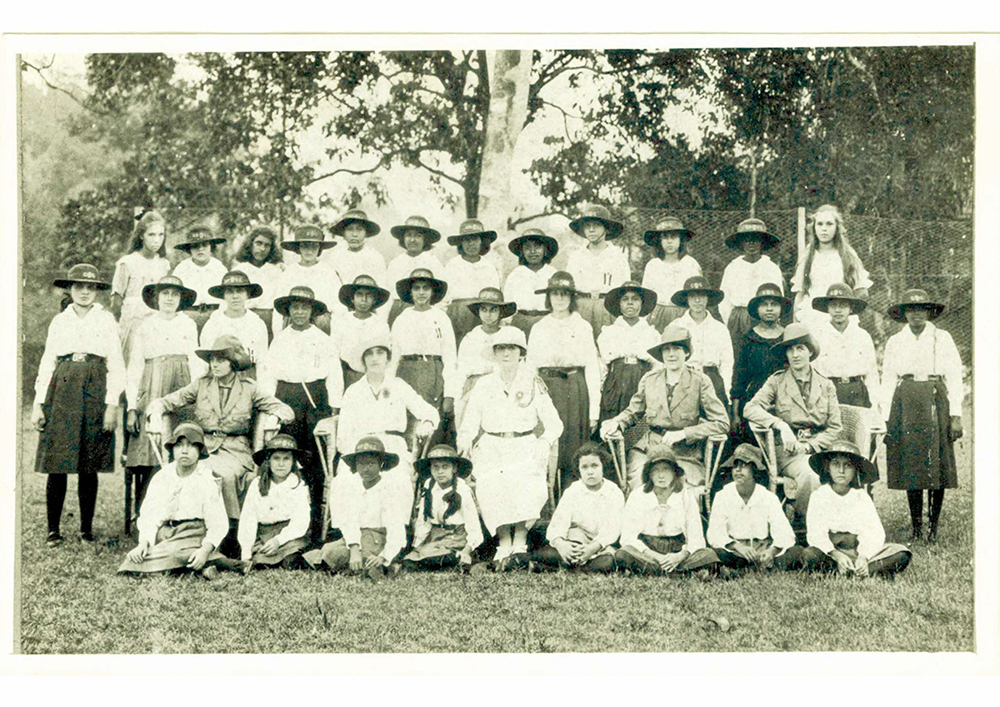Shirin Fozdar (b. 1905, Bombay, India – d. 2 February 1992, Singapore) is a pioneer women’s rights activist. She championed social issues for women in Singapore and was a key figure in the implementation of several laws and policies that benefited women in Singapore. Together with her husband, they were among the first to introduce the Baha’i Faith in Singapore.
Early Years
Shirin was born in India in 1905 to Persian parents of the Baha’i Faith. Even at a young age, she was an outspoken advocate, often speaking out on women’s rights and social issues as a student in Bombay. At 16, Shirin was invited to speak on the topic of university education at the Town Hall of Karachi. The monumental event was hailed as “the first time an Eastern woman had addressed a public gathering in the East”. She also spoke at the League of Nations in Geneva on the Equality of Nationality for Women. In 1950, Shirin left India for Singapore with her husband K M Fozdar.
.ashx?h=430&w=645)
Career & Accomplishments
The Fozdars settled down in Singapore in 1950 and were among the first to introduce the Baha’i Faith in Singapore. By 1952, there were enough Baha’is in Singapore to form the first Local Spiritual Assembly. Today, the Baha’i Faith is one of the ten major religions represented in the Inter-Religious Organisation of Singapore.
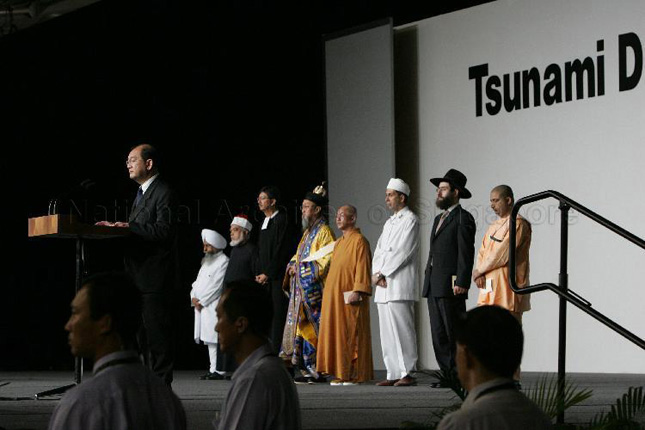
Shirin noted the lack of legal protection for women, particularly in the areas of marriage and dissolution. Polygamy was rampant and an accepted custom. These prompted Shirin to take up the women’s cause and wage war against polygamy in Singapore. In 1951, she gathered with a group of women activists to discuss the formation of an umbrella organisation to provide a unifying voice for the various women’s organisations already existing in Singapore. Following this meeting, the Singapore Council of Women (SCW) was formed in April 1952.
Shirin played a key role in the establishment of the Syariah Court in 1958. She corresponded with then Chief Minister David Marshall on the subject of easy divorces for Muslim marriages, which left many women stranded in dire straits. The Syariah Court was established in 1958 and the divorce procedures put in place led to a sharp decline in the divorce rate within the Muslim community.
As the honorary secretary of the SCW, Shirin also actively wrote to government officials, community leaders and the press to lobby for monogamous marriage law. Her persistence paid off when the People’s Action Party (PAP) included women’s rights in their election manifesto in 1959. After the PAP won the election, they passed the Women’s Charter in the Legislative Assembly in 1961. The Women’s Charter effectively outlawed polygamy for non-Muslims and provided fundamental rights for women.
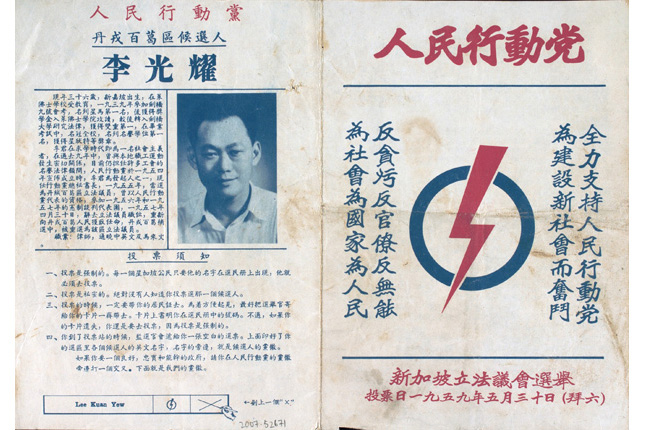
Shirin focused on regional work after the passing of her husband. She spoke at international conferences on women’s rights and set up schools in regions like Thailand to provide education for women.
Later Years
Shirin received an award from the Singapore Council of Women’s Organisations in 1988 on International Women’s Day for her invaluable contribution to the women’s movement. She passed away on 2 February 1992. She was inducted to the Singapore Women’s Hall of Fame in 2014 for her contributions and efforts as Singapore’s pioneer women’s rights activist. She is also featured in the Indian Heritage Centre.




